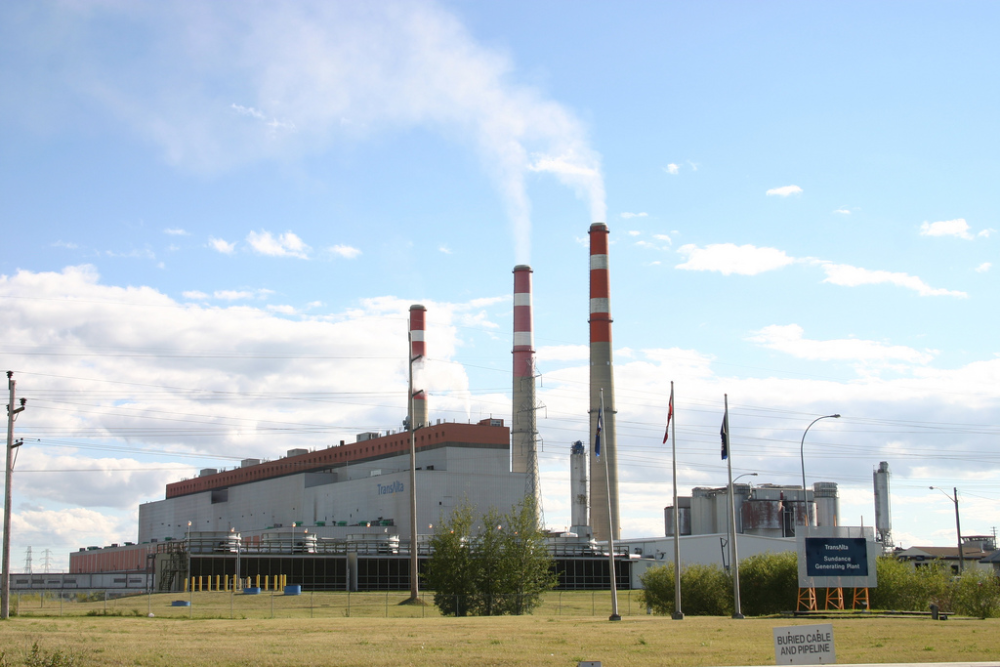CALGARY — Binnu Jeyakumar, program director, electricity at the Pembina Institute, made the following statement in response to the Government of Canada’s announcement of the regulations for the electricity sector and of the Just Transition task force:
“The Pembina Institute welcomes the draft regulations. Power from coal plants is the dirtiest electricity we can produce — with huge impacts on human health and the climate. It is also increasingly becoming one of the most expensive means of producing power in North America, with renewables and natural gas out-competing it.
“The regulations will phase out coal pollution by 2030, while encouraging accelerated conversion to gas. We’re happy to see sound regulatory design that will result in earlier retirement of converted units that are higher polluting. We anticipate they will have to compete with zero-emission alternatives within a decade or so.
“We commend the government for selecting a Just Transition task force with broad experience. It is an important step in clean energy transition and economic justice. While the phase-out regulation provides certainty to communities and workers, the just transition efforts will provide the support needed. This will enable coal workers and communities to be a part of the transition, and equip them to seize the economic opportunities of the growing renewable energy sector.
“As one of the co-founders of the Powering Past Coal Alliance, this concrete action shows that Canada can lead the world in the production of clean electricity and the electrification of its economy. In order to seize this competitive advantage, natural gas must be a short and narrow bridge. We encourage the carbon pricing regimes to apply broadly to natural gas and coal-to-gas converted units without exemption, and a more stringent standard be adopted for natural gas. It is important that fossil fuel generation not be artificially protected to ensure that the market provides an even playing field for renewables, energy efficiency, and storage.
“We look forward to commenting on the draft coal framework and to supporting the development of a meaningful just transition strategy for Canada.”
[30]
Contact
Kelly O’Connor
Communications Lead
416-220-8804
Binnu Jeyakumar
Program Director, Electricity
587-436-3667
Background
Reacts: Canada, UK, and partners launch global alliance to end coal-fired power (Nov. 2017)
Blog: Shedding light on the global move away from coal (Sept. 2017)
Reacts: Trudeau government makes timely commitment to eliminate coal pollution by 2030 (Nov. 2016)
Report: Breathing in the Benefits (Sept. 2016)
Quick Facts
- The average coal plant emits 1,070 tonnes of CO2e per GWh, seven times the average intensity of the electricity grid in Canada. Coal-to-gas converted units are expected to have an average intensity of 550 to 900 tonnes of CO2e per GWh. The newer coal plants and the greater retrofitting, the lower the intensity of the converted unit.
- The 2016 polls by the Canadian Surveys on Energy and Environment shows that at least 78 per cent of Canadians support phasing out of coal-fired power plants.
- There are 34 coal power units — totalling to approximately 9,700MW — across Canada in four provinces: Alberta, Saskatchewan, New Brunswick and Nova Scotia.
- Coal makes up only 11 per cent of the electricity generated in Canada, but contributes to 72 per cent of electricity emissions.
- Canada has set a goal of reaching 90 percent non-emitting electricity by 2030.




